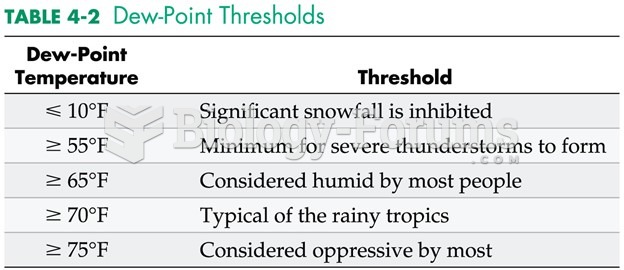|
|
|
Did you know?
Congestive heart failure is a serious disorder that carries a reduced life expectancy. Heart failure is usually a chronic illness, and it may worsen with infection or other physical stressors.
Did you know?
The calories found in one piece of cherry cheesecake could light a 60-watt light bulb for 1.5 hours.
Did you know?
Excessive alcohol use costs the country approximately $235 billion every year.
Did you know?
For pediatric patients, intravenous fluids are the most commonly cited products involved in medication errors that are reported to the USP.
Did you know?
In the United States, there is a birth every 8 seconds, according to the U.S. Census Bureau's Population Clock.
 An alternating pneumatic compression device squeezes the leg tissues causing blood to move toward th
An alternating pneumatic compression device squeezes the leg tissues causing blood to move toward th
 Community colleges have opened higher education to millions of students who would not otherwise have ...
Community colleges have opened higher education to millions of students who would not otherwise have ...





